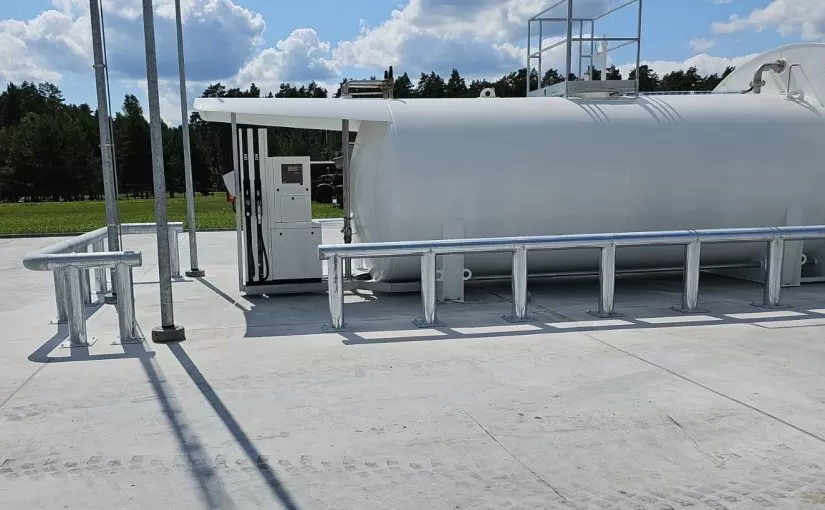BAKU, Azerbaijan, June 16. The Lithuanian Armed
Forces have completed the installation of new fuel stations in
several strategically important military units and these projects
are designed to ensure a reliable fuel supply in times of peace,
crisis or war, Trend reports via the Ministry of Defense of the
Republic of Lithuania.
The information notes that construction of additional refueling
stations and fuel storage facilities is underway and should begin
soon at other military locations around the country.
The Ministry of National Defense will invest over 18 million
euros in 2025 and 2026 to further develop the military fueling
infrastructure network, which is considered essential for
operational readiness.
“Fuel stations are critical to the Armed Forces to maintain an
uninterrupted supply for combat, logistical, and administrative
transport,” said Vice Minister of National Defense Orijana Mašalė,
who oversees infrastructure. “In parallel with fuel infrastructure
expansion, we are installing specialized military vehicle wash
stations across many bases to preserve the longevity of equipment.
As with all of the over 700 military infrastructure projects
currently in development, we are committed to the highest quality
standards and accelerating progress where possible.”
Newly designed military infrastructure not only includes modern
fuel stations with integrated fuel storage, but also large-scale
storage facilities in strategically chosen locations. This
integrated approach will ensure fuel security for both the
Lithuanian Armed Forces and NATO allies, building a flexible and
resilient supply network for future operational needs.
The Ministry, in coordination with other state institutions, is
also working to maximize use of existing fuel depots and related
infrastructure. This comprehensive expansion strengthens both
national defense and NATO’s collective operational mobility.
NATO’s strategic commands have made significant progress
implementing a joint allied fuel supply concept, which will provide
various logistical alternatives, ensure necessary reserve
stockpiles, and guarantee uninterrupted fuel delivery to allied
forces during peace, crisis, or conflict.
